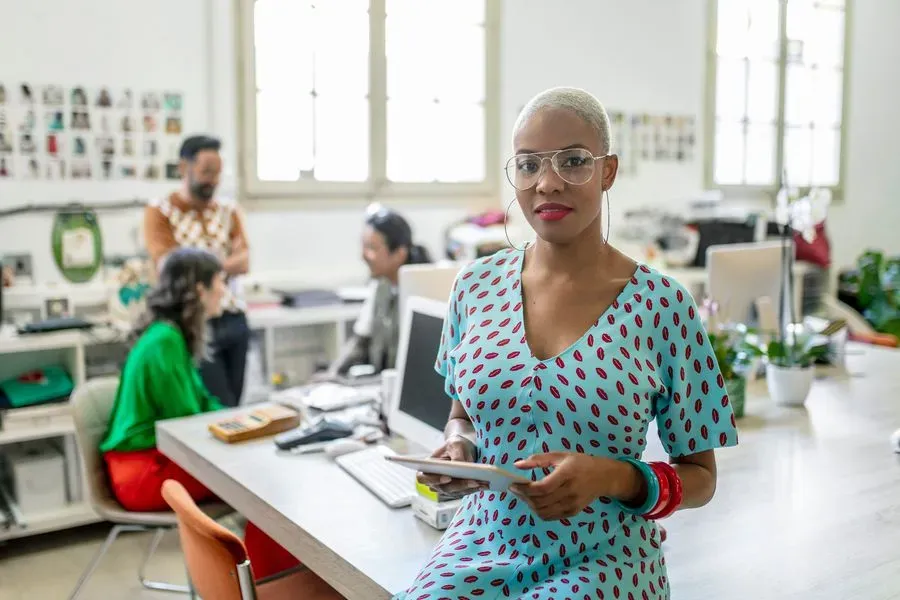It’s a fashion enthusiast’s favorite time of the year — fashion month (Alexa, play Fashion Killa by ASAP Rocky). In-between all the fit changes, hair and makeup, and tailoring, accounting remains at the heart of everything happening. So, while you’re waiting to see what Jenna Ortega is going to wear in the front row at NYFW (we don’t blame you), see how you can be a part of all the magic as an accountant. A 2020 report released by New York’s Joint Economic Committee details that fashion week brings in $11 billion in wages and $2 billion in tax revenue annually. What’d BIA say? That’s a whole lotta money… And that's exactly where accountants come in.
The fashion industry, like most industries, has its own unique challenges that require its own set of roles. Supply chain finance managers are a good example of this. Ever wonder why it takes forever for that Nike Tech sweatsuit you want to come back into stock? It’s because the fashion industry deals with a long supply chain (and cash flow).
These challenges require accountants to be on their A-game to make sure there’s enough financing to fund the time between production and sales (when you finally start to generate cash again). Within production alone, there’s design, factory contracting, and logistics involved. Supply chain finance managers manage budgets, sales forecasts and headcount analysis. Forecasting is one of the most important responsibilities of an accountant given the seasonal and trend demands of fashion. The work doesn’t stop there though, accountants also help monitor financial performance against supply chain actuals and forecasts.
While fashion definitely has a huge impact on the U.S., it also reaches across the entire globe. The international presence of fashion isn’t just because a lot of famous brands — from ASOS to Louis Vuitton — are headquartered overseas, but also because the majority of manufacturing takes place outside of the U.S.. This requires accountants that work in the industry to be up to speed on the different tax and export rules and regulations across countries in order to ensure compliance. International rules also means… wait for it… international traveling! Depending on your role, expect to take trips to manufacturing hubs like China and Turkey to see if there’s opportunities to trim costs. Of course, you’ll have your tourist time too (bring your walking shoes for the Great Wall).
Another role you could look into is being a fashion cost accountant who focuses on tracking and analyzing the costs associated with producing clothes and accessories. Through the calculation of the cost of materials, labor, and overhead, they help guide decisions on setting prices and production processes. Not you being able to determine how much that Urban Outfitters shirt costs. 🤭 Ummm the power?! Accountants also help guide what production promotions and discounts to make sure brands still turn a profit. You know all those texts you get from Fashion Nova? Yeah, an accountant is the one who decides if it’s giving 30 percent or 50 percent off.
While we listed a few instances, the intersections between accounting and fashion are endless. The same thing that moves fashion forward is what accountants count on for foresight: the past. You’ll find most designers study past eras and designer collections to inspire new ideas that can be taken to the next level. In this same way, accountants pore over past financial transactions.
If you have a knack for scouting fashion trends, it’s only a hop, skip, and a jump till you’re discovering financial trends. See for yourself how accounting can take your passion for fashion to the next level.



